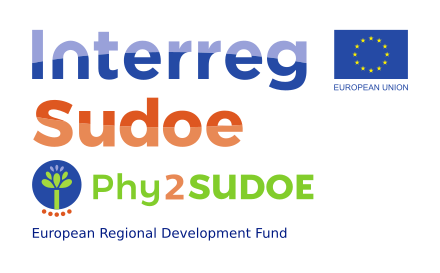29 May Comunicación en la SETAC Europe 33rd Annual Meeting
Título
Testing organic amendment, Populus nigra plantation and bioinoculation on mine polluted soil material for phytoremediation optimization purposes
Socios implicados
USC, CSIC
Datos de la publicación
Marc Romero-Estonllo, Judith Ramos-Castro, Yaiza San Miguel del Río, Ángeles Prieto-Fernández, Beatríz Rodríguez-Garrido, Petra Susan Kidd, Carmela Monterroso
SETAC Europe 33rd Annual Meeting, Data-Driven environmental decision-making, April 2023, Dublin
Resumen (en inglés)
Mine driven trace elements’ pollution entails environmental risks and causes soil infertility. In situ techniques such as phytostabilization have become increasingly important to tackle these negative impacts. The aim of this study was to test the individual and combined effects of different aided phytostabilization techniques using substrate from tailings of an old Cu mine (Phy2SUDOE network), characterized by high acidity and deficiency of organic matter and nutrients. The experiment analyzed the growth of Populus nigra cropping in pots containing substrate a amended with compost non inoculated or inoculated with plant growth promoting rhizobacteria or mycorrhizae or a bacterial combination and fungal inoculates. Non-amended, non-planted and non-inoculated reference pots were also prepared. Plants were harvested after three mounths and nutrient content were determined. Then soil was analyzed for several physicochemical and microbiological properties. Joint use of compost, P. nigra plantation, and inoculation with rhizobacteria were the best techniques to reduce toxicity and improve soil fertility, as well as to increase the survival and productivity. The results support the use of organic amendments, tolerant plants, and plant growth promoting rhizobacteria to reduce environmental risk and improve fertility of soils impacted by mining.
Descarga

